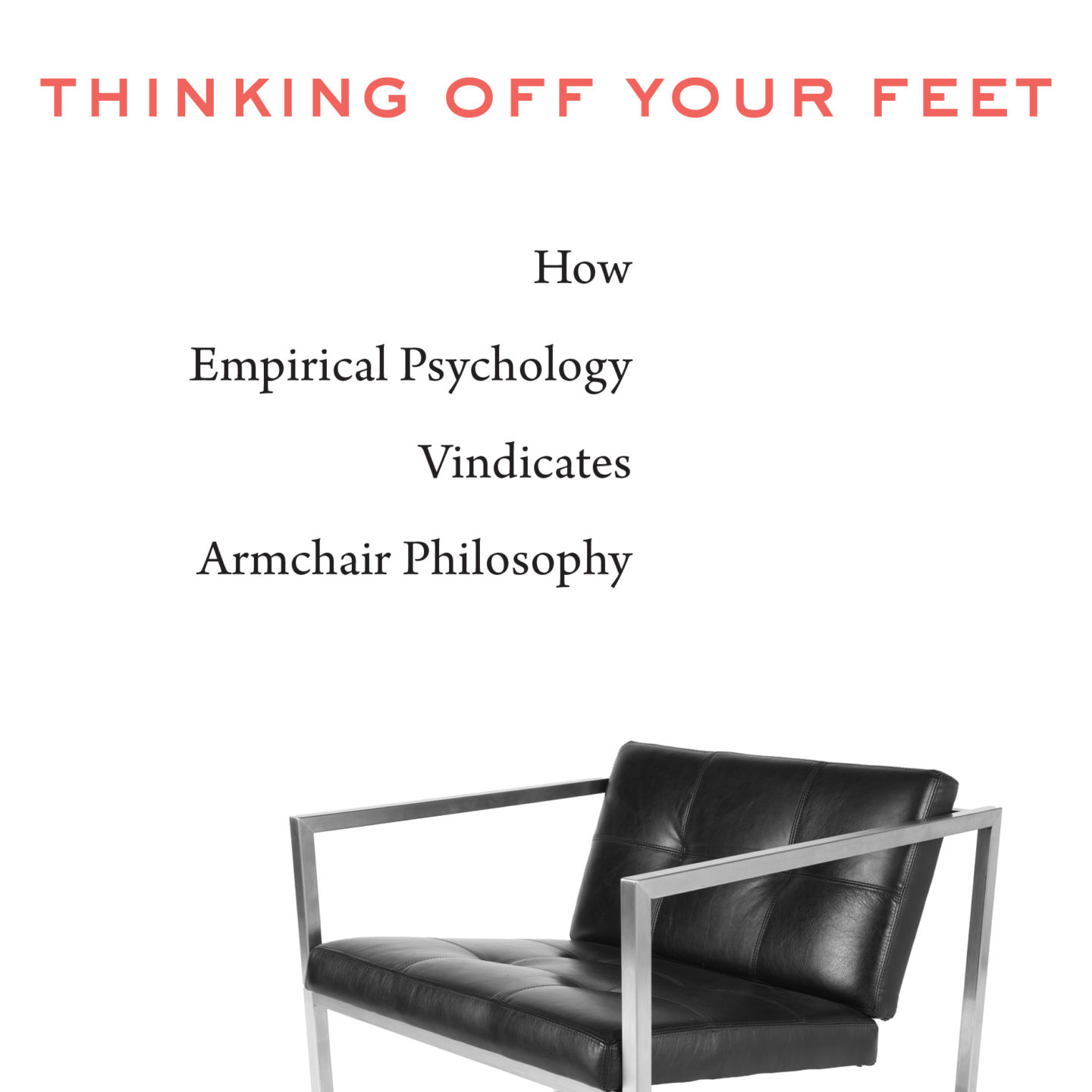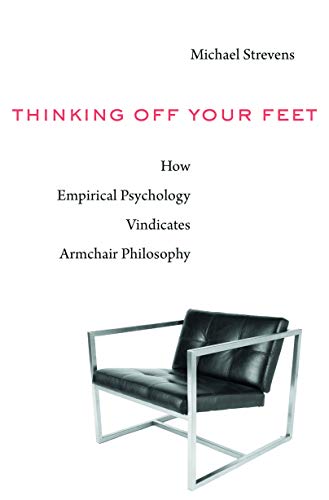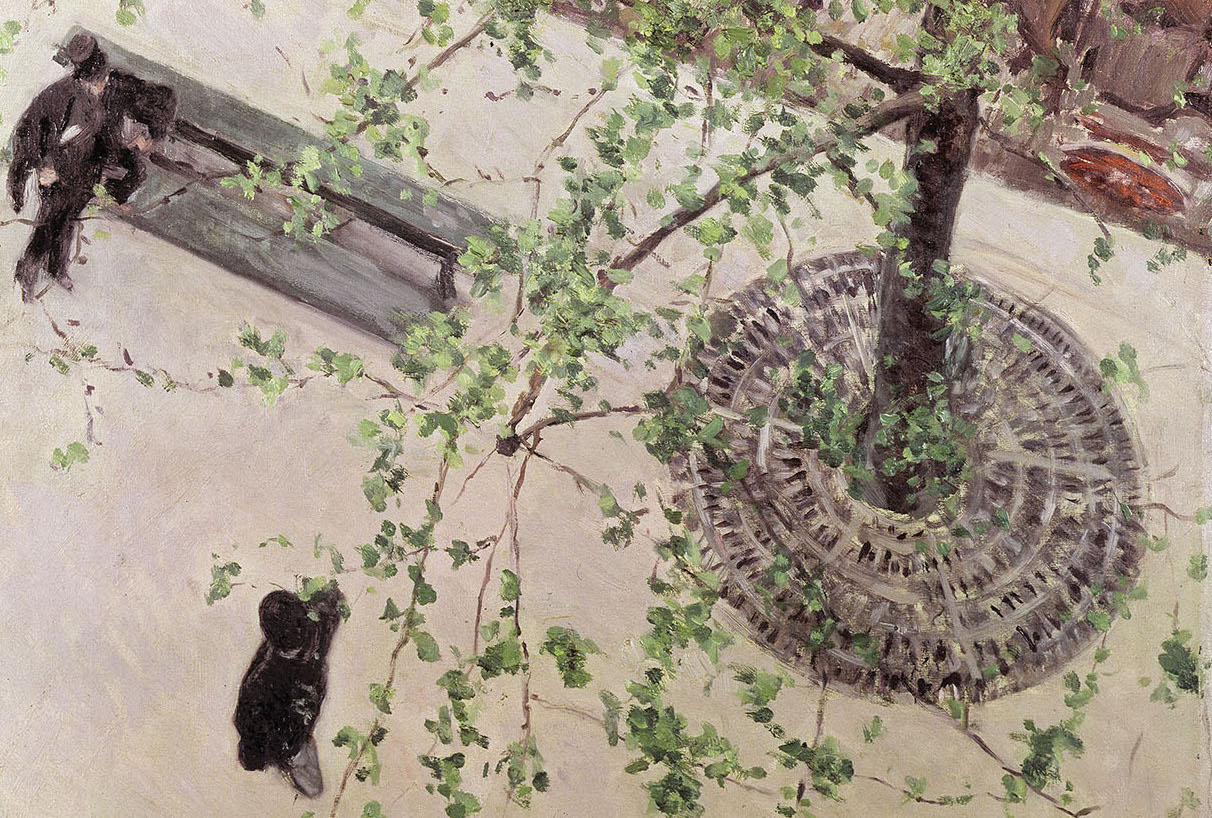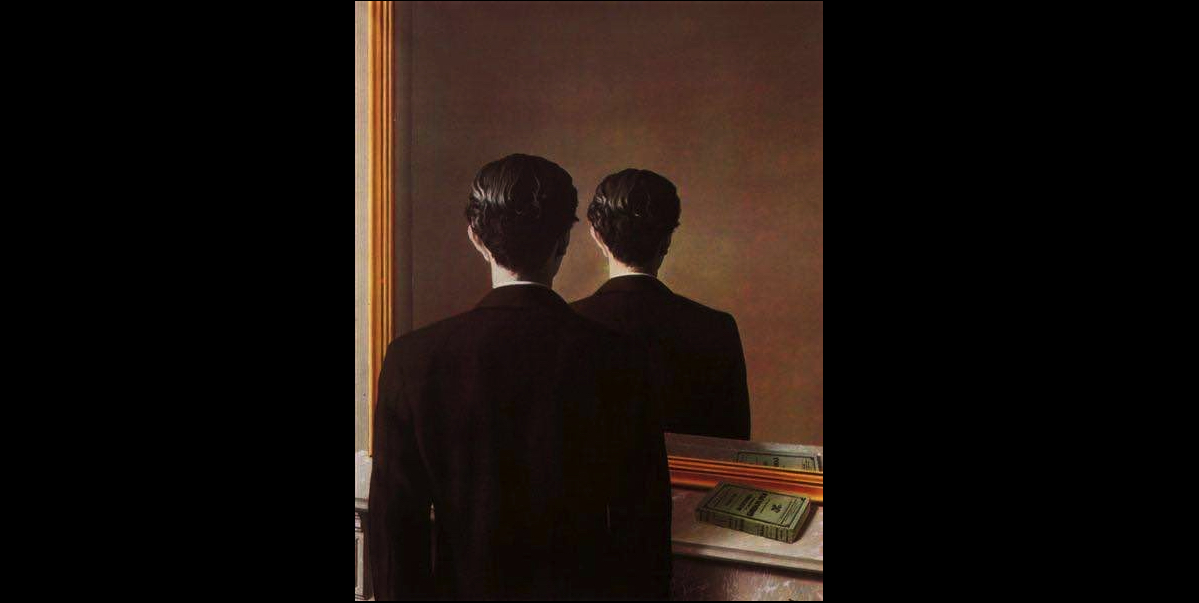Beliefs and Subdoxastic States
This week, I’m blogging about my new book, The Epistemic Role of Consciousness (Oxford University Press, September 2019). Today, I’ll discuss the epistemic role of consciousness in cognition. Could there be a cognitive zombie – that is, an unconscious creature with the capacity for cognition? As I use the term, …






